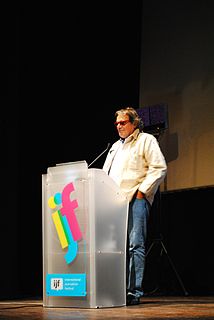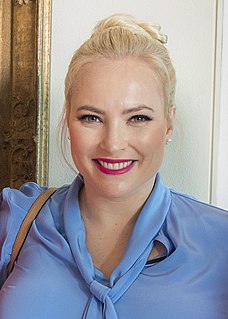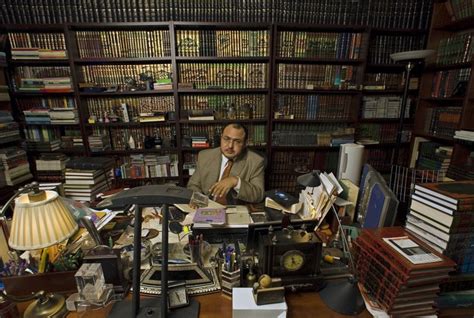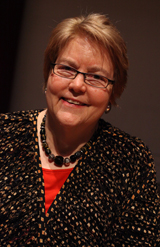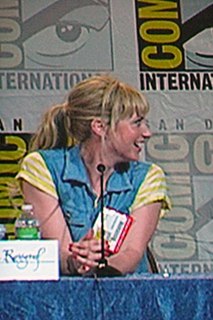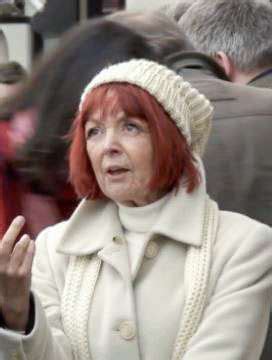A Quote by Phyllis Rose
The literature of women's lives is a tradition of escapees, women who have lived to tell the tale.
Related Quotes
There are a range of women not represented in the Western fairy tale tradition. Husband-beaters are particularly interesting, as well as male pederasts. Children are often told in The Arabian Nights, "This man likes to abduct boys, be careful of him." These issues are explored through the medium of the stories, but actually the architecture of the book is such that there are many examples of women who are loyal, brave, devoted - especially to their lovers.
Since we all came from a women, got our name from a women, and our game from a women. I wonder why we take from women, why we rape our women, do we hate our women? I think its time we killed for our women, be real to our women, try to heal our women, cus if we dont we'll have a race of babies that will hate the ladies, who make the babies. And since a man can't make one he has no right to tell a women when and where to create one
Obviously, everything has always been defined by the dominant ideology. But the dominant ideology has been able to accept women's literature as well as men's literature. I would say that women have been hindered from creating for a variety of reasons, as Virginia Woolf so admirably explained in A Room of One's Own. When they have created, on the whole they have been recognized. In literature it hasn't been nearly as oppressive as in, say, painting, where even the existence of so many women painters has always been denied.
This moment right here, me standing up here all brown with my boobs and my Thursday night of network television full of women of color, competitive women, strong women, women who own their bodies and whose lives revolve around their work instead of their men, women who are big dogs, that could only be happening right now.
We have to start looking at the world through women's eyes' how are human rights, peace and development defined from the perspective of the lives of women? It's also important to look at the world from the perspective of the lives of diverse women, because there is not single women's view, any more than there is a single men's view.
I have not much faith in women in fiction.... Women are so horribly subjective and they have such scorn for the healthy commonplace. When a woman writes a story of adventure, a stout sea tale, a manly battle yarn, anything without wine, women, and love, then I will begin to hope for something great from them, not before.
There are many images and realities of what women are, become, can be - strong, vulnerable, dogged, determined, frail, brave, courageous. The faces of women are at once gentle, reflective, firm; steeped with a sense of self, the lives of women growing older are lives of care, toil, splendour and glory... the future is not to be feared.

